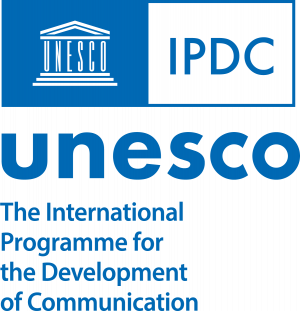Imagine a news story that doesn't just tell you about a problem, but also tells you about people who are working to solve it. That's what solution journalism is all about. It's a new way of telling stories that focuses on the positive, and it's quickly becoming one of the most important trends in journalism today.
Solution journalism is not about sugarcoating the news. It's about providing audiences with a more complete picture of the world, by showing them how people are working to make it a better place. It's about inspiring people to take action, and about helping to build a more hopeful future.
Marjan Tillmans, project manager at European Journalism Centre (EJC) says solutions journalism also strengthens communities, helps them to address their challenges, advances equity, builds trust, increases civic engagement, depolarises public discourse and discovers new sources of revenue.
“The aim of this more balanced approach to journalism is to underline that consumers are not simply passive victims of the news, but they can engage with answers and collectively create a world in which hope is possible. It replaces their feeling of helplessness and stress with a feeling of belonging and a sense of being able to make a difference in society,” says Tillmans in a Solutions Journalism Guide released by EJC.
As a journalist you can play a vital role in promoting solution journalism by looking for stories that highlight effective solutions to social problems. Don't just focus on the problems themselves. Be rigorous in your reporting. Verify your sources and make sure that you are presenting a fair and balanced account of the issue.
Be transparent about your methods. Explain how you found your sources and how you evaluated their credibility. Write in a clear and engaging style. Solution journalism should be accessible to a wide audience. Avoid using jargon and technical language. Show your audience that there is hope for the future, and that people are working to make the world a better place.
Why does solution journalism matter?
Solutions journalism is a valuable and rigorous way to report on how communities are tackling problems. It can lead to meaningful change, such as inspiring people and decision-makers to take action or changing the way people talk about a problem.
Younger audiences prefer news that provides solutions, not just problems. Research shows that people prefer, engage more with, and trust solutions-focused stories more than problem-focused reporting.
In the 2023 Reuters Institute Digital News Report, 36% of respondents said they avoided news because it can have a negative effect on their mood. News avoiders are more likely to say they are interested in positive or solutions-based journalism and less interested in the big stories of the day.
By reporting on how people are responding to social problems, we can help to inform and inspire our audiences, and we can make a difference in the world.




